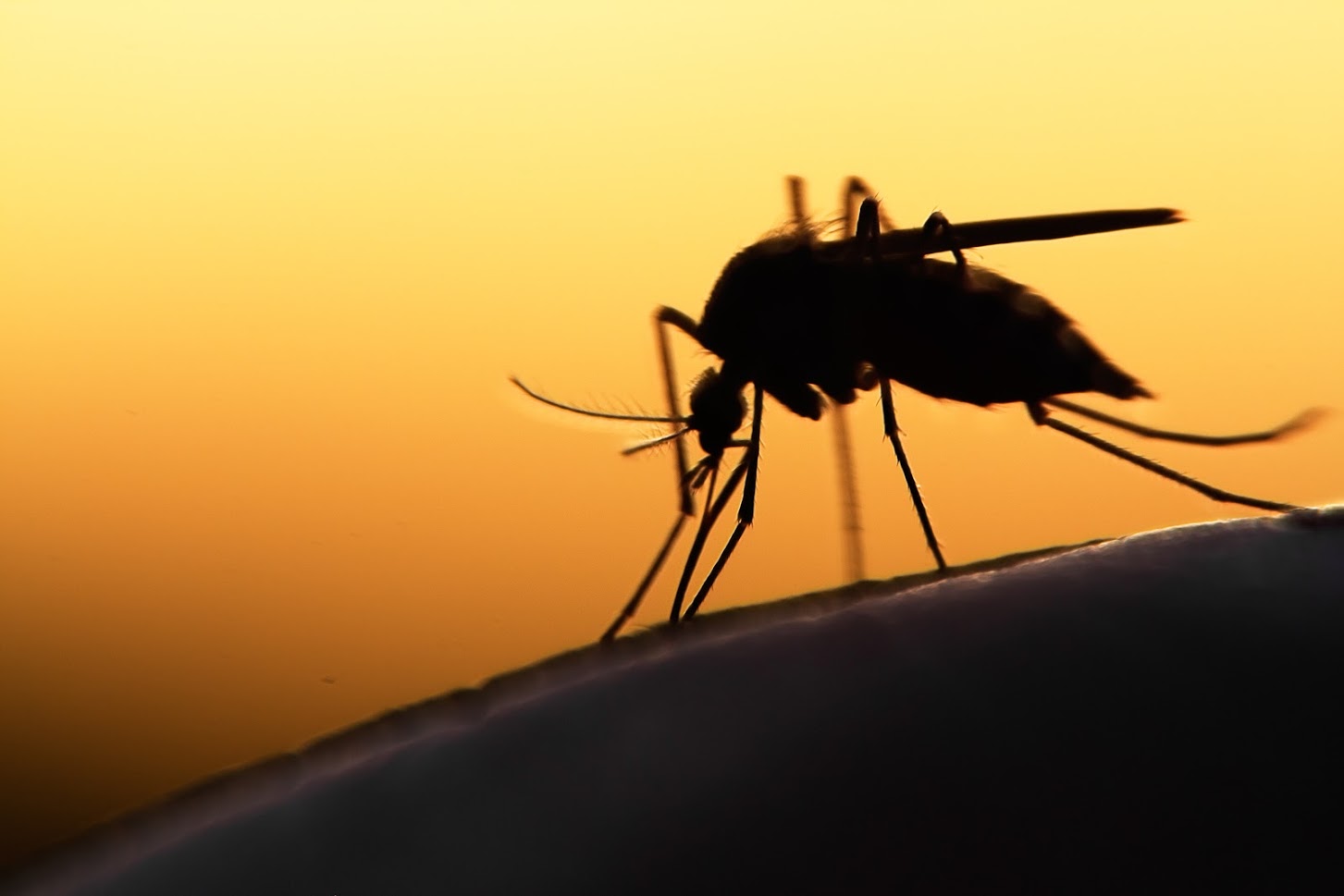
Likely no one loves being attacked by pests while trying to enjoy a beautiful day outside. Whether you are at an outdoor wedding or simply relaxing in your backyard, mosquitos, fleas, and ticks are unwelcome guests. If you would like to learn more, check out these three complications that can occur when you are exposed to mosquitos, fleas, and ticks.
1. Diseases in Humans
Mosquitoes, fleas, and ticks all consume blood, which means there may be some cross-contamination. If a bug feeds on an infected person, they can spread that disease to you. Mosquitoes spread many diseases, but they are most notorious for spreading Zika, West Nile, and chikungunya. While some diseases only affect you, some diseases like the Zika virus can severely harm your unborn baby.
Ticks can also spread many types of diseases, but the most common is Lyme disease. Lyme disease numbers increased by 21 percent between 2017 and 2018. Lyme disease can lead to a plethora of symptoms, including headaches, rashes, arthritis, loss of muscle tone, inflammation of the brain, and heart palpitations.
Fleas are less problematic for humans than mosquitos and fleas. The biggest concern with fleas is the Bubonic plague. While it is no longer the life-threatening pandemic it once was, the plague still exists and can pass via fleas.
2. Pet-Related Issues
Your pet needs to worry about mosquitoes, fleas, and ticks too. Not only can they also catch diseases like Rocky Mountain spotted fever, Bartonellosis (cat scratch fever), or feline infectious anemia, but they can also get parasites. Plus, they can spread these diseases and parasites to you.
Many of the parasites are intestinal parasites like tapeworms and roundworms. This does not always lead to severe side effects, but your pet can pass the worms in their stool. If another animal eats the worms, they could also become infected. In some cases, your pet may not be able to get the food and nutrients they need because of intestinal parasites.
Intestinal parasites are often the result of your pet eating a flea or tick. However, mosquito bites can transmit heartworm. Heartworms attack the heart, and it is incredibly hard to treat once your pet is infected. Luckily, some medications prevent heartworm.
3. Skin Irritation
Skin irritation can also occur because of bites from mosquitos, fleas, and ticks. Naturally, the bite itself can itch, but if you continue to scratch it, you could cause a secondary skin infection, such as cellulitis or a yeast infection. Skin infections can lead to pus, blisters, and skin breakdown.
In rare cases, people may experience allergic reactions to bug bites. This includes major itching over a large area, lesions, bruising near the bite, and hives. In severe cases, people may experience anaphylaxis, fever, nausea, confusion, or muscle weakness on one side of the body. In this situation, call for emergency medical attention immediately.
Skin irritation can affect your pets too. Flea allergic dermatitis is incredibly common in pets. It occurs when the pet is allergic to flea bites. The bite causes excess itching, and if your pet scratches or chews on these itchy spots, it can lead to open sores. In many cases, a single flea bite can cause major itching and scabbing.
Biting bugs like mosquitos, fleas, and ticks can turn a fun event into a miserable one. Their little bites cause immediate itching, but that itching can turn into something more dangerous, including disease. If you would like to know more, or if you are ready to get rid of the biting pests that are harassing you and your pets, contact us at Mosquito Masters today.
